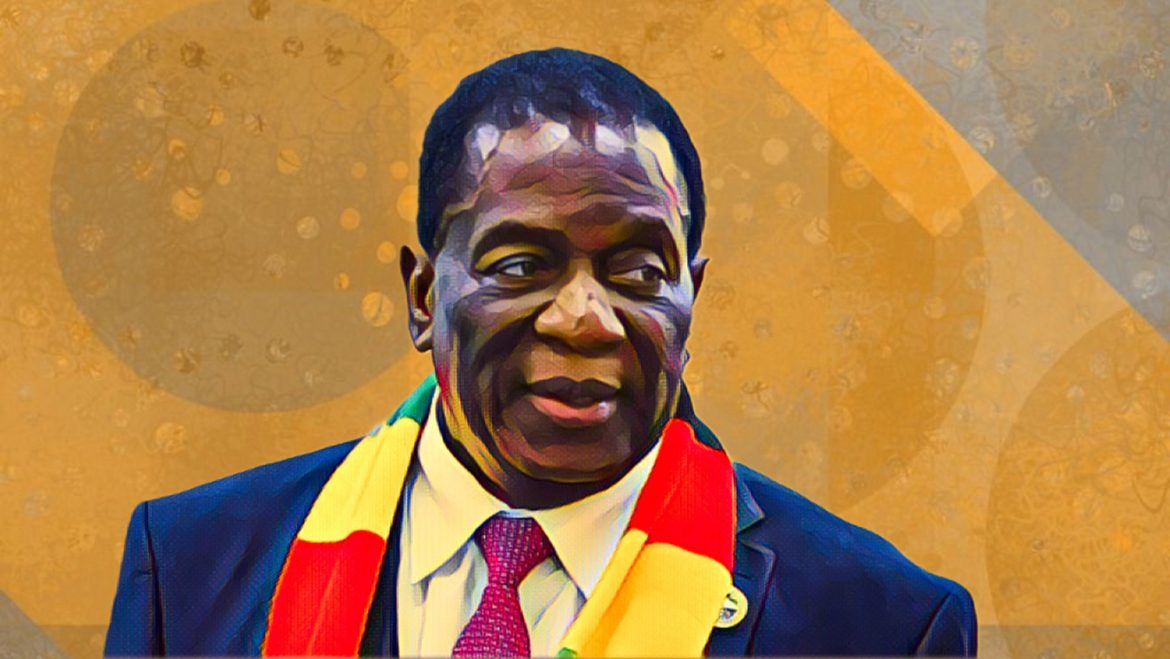Zimbabweans living abroad are voicing strong concerns as President Emmerson Mnangagwa prepares to assume the chairmanship of the Southern African Development Community (SADC). This transition, set to take place during the 44th SADC Summit on August 17, 2024, has sparked outrage among the diaspora community, who criticize the regional bloc for endorsing a leader they view as illegitimate.
Mnangagwa’s takeover from Angolan President João Manuel Gonçalves Lourenco comes amidst mounting frustration over Zimbabwe’s unresolved 2023 election disputes. The election, marred by allegations of fraud and irregularities, has led to widespread dissatisfaction both within Zimbabwe and among its international supporters.
Tendai Mapfumo, a Zimbabwean activist based in the United Kingdom, has spearheaded global protests to draw attention to what he describes as a dire situation in Zimbabwe. He argues that Mnangagwa’s new role as SADC chairperson is a “travesty” given the rampant corruption and economic decline plaguing his country.
“The Zimbabwean economic situation is nothing short of dire,” Mapfumo said. “Hyperinflation has devastated the value of the Zimbabwean dollar, leading to severe poverty and unemployment. Essential goods are scarce, and many Zimbabweans struggle to afford basic necessities like food, fuel, and healthcare.”
Mapfumo and other diaspora activists believe that Mnangagwa’s leadership of SADC highlights the region’s failure to address Zimbabwe’s deep-seated issues. Pamela Magwizi, another critic, claims that Mnangagwa is unfit to lead a credible regional organization. She points to the Zimbabwean government’s inadequate response to ongoing crises, including failed economic policies and a lack of foreign investment.
Petty Ziramba, a Zimbabwean commentator, argues that SADC’s decision to place Zimbabwe at its helm undermines the organization’s credibility. “By elevating Zimbabwe, SADC risks endorsing a regime that blatantly disregards the rule of law and human rights,” Ziramba said. “This move contradicts SADC’s mission to promote good governance and sustainable development.”
Concerns about human rights abuses under Mnangagwa’s administration also persist. Activists Tatenda Alexias Chifamba and Blessing highlight the brutal crackdown on peaceful protests and the harassment of opposition leaders. They argue that recent measures to silence dissent and suppress the press are particularly troubling.
Gender activist Priscilla Makechemu adds that Zimbabwean elections have been tainted by fraud and intimidation, undermining the legitimacy of the government. She asserts that the ruling party, Zanu PF, maintains power through coercion and patronage rather than democratic processes.
“The political repression extends to the diaspora, where many Zimbabweans face threats for speaking out against the regime,” Makechemu said. “We urge SADC to reconsider its decision and hold Zimbabwe accountable. The international community must not ignore the suffering of the Zimbabwean people.”
Francis Mubani, another activist, echoes this sentiment, calling Zimbabwe’s chairmanship of SADC a stark contrast to the ideals of regional cooperation. “It symbolizes the disconnect between the principles of good governance and the harsh realities faced by Zimbabweans daily,” Mubani said.
Ketiwe Dahwa, a diaspora member, emphasizes that Zimbabweans abroad will continue to advocate for change and support efforts for a better future. The SADC Summit is set to address several critical issues, including regional food security and the impact of El Niño-induced weather conditions.
The SADC Summit, which gathers Heads of State and Government from member states annually, will also review the report of the Chairperson of the Organ on Politics, Defence, and Security Cooperation. As Mnangagwa takes on this prominent role, the international community and Zimbabweans alike will be watching closely, hoping for a shift toward genuine reform and accountability.
Source: New Zimbabwe


